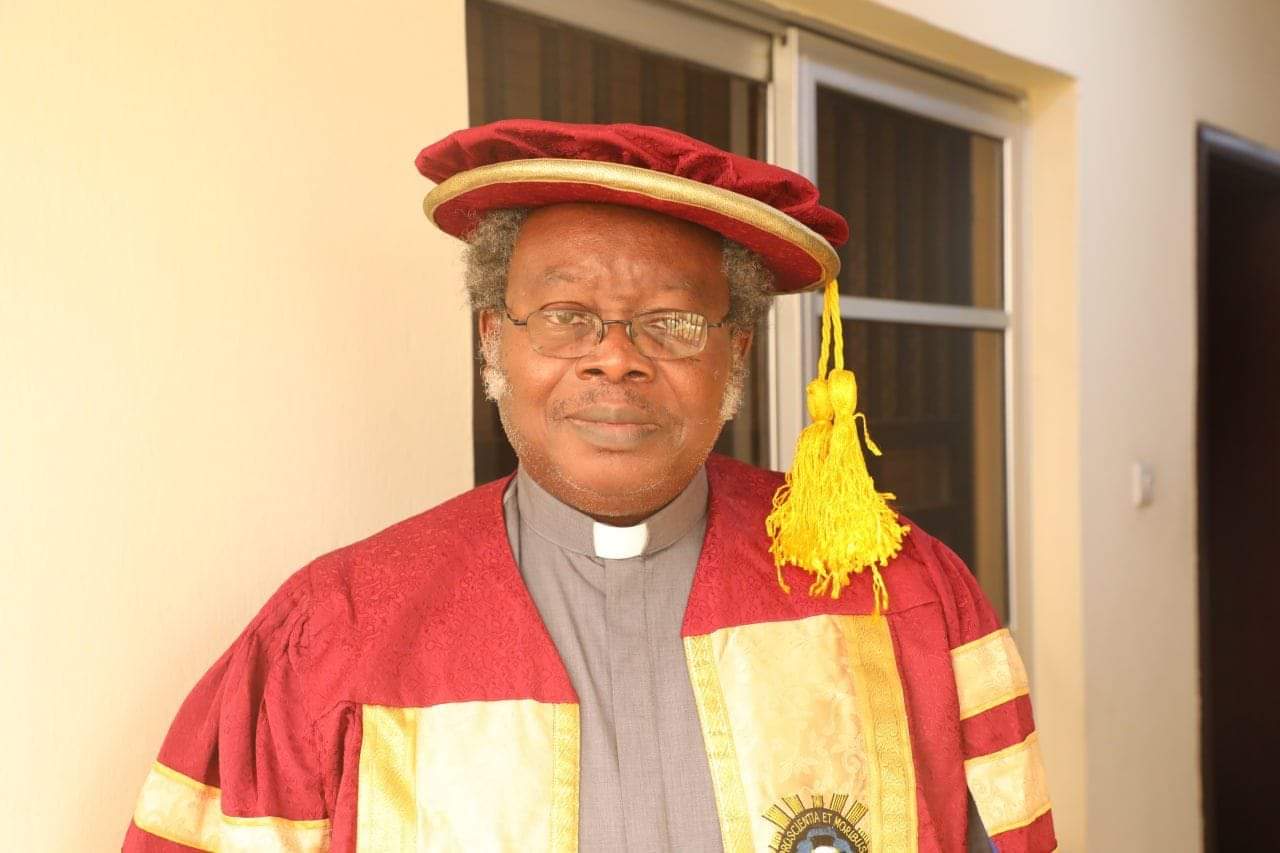
Led away to be crucified
“When the hour came, Jesus took his place at table, and the apostles with him” (Luke 22:14).
It was the hour of his Passover. Before leaving his disciples he shared a meal with them, an ordinary meal at which he gave them extraordinary food. His body he gave to them as bread to eat, his blood he poured out as wine to drink. He gave us his whole self so that we might regain the self we lost to sin. He gave himself to us to teach us not to be selfish. He gave us his own strength to overcome our tendency to be selfish.
The hour that came was hour of our deliverance from sin and death. Our deliverance from death came because he accepted death. But not all those at table with him were there as friends.
“Here with me at table is the hand of the man who betrays me” (Luke 22:21).
At that hour, as they sat at table, love was being wounded by betrayal. The one who was to hand over the Son of Man to his enemies shared in his food posing as a friend. One of those to whom he gave his life, one of those for whom he poured his blood. Is that strange? Not at all. For today it still happens. The drama is being replayed each time the love of Christ for us is met with our sinfulness.
And at the time he made this announcement of the treachery of one of them, a dispute arose among them over who was the greatest. Christ was giving himself, his friends would not let go their ego. The innocent was about to suffer in the hands of the guilty. But his friends would not pay attention to his plight.
Our ego can come in the way when the weakest and the oppressed among us need our attention. When we pay too much attention to ourselves we cannot pay attention to the weak and the suffering in the world. When we pay too much attention to our ego, to our agenda, to our strategic interests, we ignore the massive suffering of the innocent. But whoever really seeks greatness must pay attention to the weak and the oppressed.
The self-centred person has no time for others. Egotism makes it easy to betray and to deny the weak. It is easy for the self-centred to ignore the sufferings of others precisely because he thinks only of himself. The pursuit of narrow selfish interests causes blindness to the common good.
Was Peter paying attention while the Lord spoke of his imminent death? It appears he was.
“Lord, I would be ready to go to prison with you, and to death” (Luke 22:33).
But our Lord knew it was the empty boast of the egotist. “I tell you Peter, by the time the cock crows today you will have denied three times that you know me” (Luke 22:34).
Here we see ourselves as in a mirror, as in a portrait. Each time we make promises we do not intend to keep, each time we make promises of change only to later make a change of promises we see ourselves in the portrait of Peter. Our baptismal vows, our marital vows, our vows of religious profession, our vows as priests, our campaign promises: what do we make of them in times of trials? What is left of my solemn oath when it becomes inconvenient to be faithful? Like Peter, we too promise to stand up for Christ. But when the hour comes we are unable to keep the promise. Yet, the depth of our commitment to Christ is revealed at the hour of trials. The true disciple is known in moments of crisis.
Abandoned by his friends, alone in his sufferings, an angel appeared to give him strength. This we too must pray for, that in our hour of suffering, when no one seems to care, an angel may appear to give us strength.
Then the men to arrest him arrived. With the traitor Judas leading them, those sent to lead him to his death appeared. To the cross he was led, and he accepted to be led, to die for our sins. The very sight of him speaks to us. The sight of the innocent sufferer speaks to us like the suffering servant in the book of Isaiah: “I have offered my back to those who struck me, my cheeks to those who plucked my beard; I have not turned my face away from insult and spitting” (Isaiah 50:6).
They made him suffer. They humiliated him. He died between two thieves. Yet, the power of God was at work. In the suffering and death of Christ the powers of this world thought they had triumphed. But in fact, they were defeated. Evil has been defeated by the goodness of God. In the crucified Christ, the goodness of God was revealed to us who do not deserve it. The centurion saw it and gave praise to God. “This was a great and good man,” he said (Luke 23:47).
“Father, if you are willing, take this cup away from me. Nevertheless, let your will be done” (Luke 23:42).
He was obedient even to accepting death. He did his Father’s will even when it led him to death. Because he accepted to die even though he was innocent, the cycle of disobedience that led to death has been broken—the cycle of disobedience which is the cycle of death. And while all his friends stood at a distance, God raised him high. God revealed his greatness, the greatness of the Saviour of the world.
Fr. Anthony A. Akinwale, O.P.



Leave a Comment